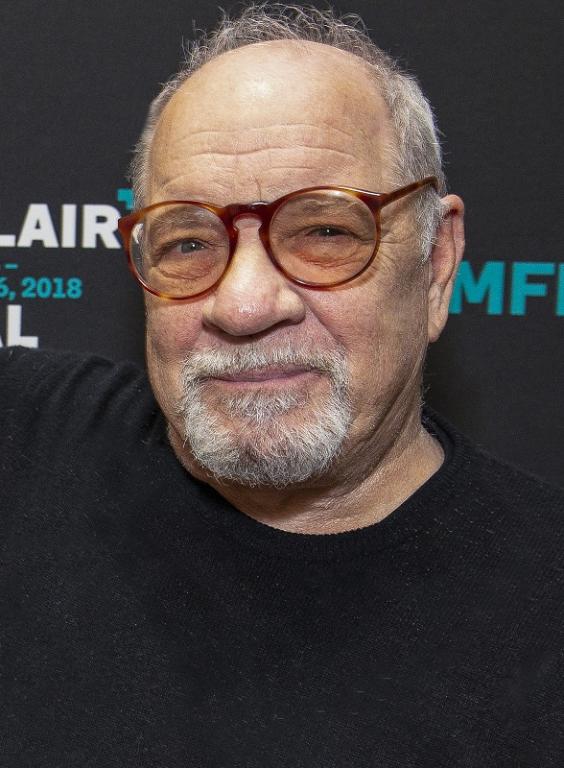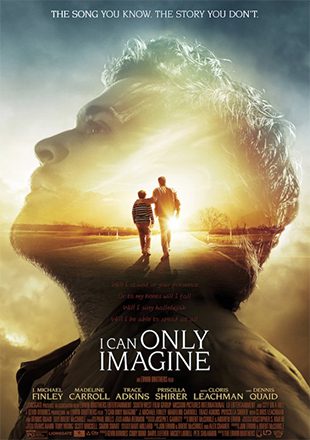 Paul Schrader is no stranger to battling movie financiers over the final cuts of his films. He has lost that battle before, including when it surrounded the 2014 film “Dying of the Light.” The difference between the final cut of the film and Schrader’s cut were wildly different and evoked a very different reaction from the 71 year old writer and director than final cuts had in the past.
Paul Schrader is no stranger to battling movie financiers over the final cuts of his films. He has lost that battle before, including when it surrounded the 2014 film “Dying of the Light.” The difference between the final cut of the film and Schrader’s cut were wildly different and evoked a very different reaction from the 71 year old writer and director than final cuts had in the past.
“I never cared that much for the final cut in the past, because you were always dealing with studio heads who were movie people–they all liked movies. But now I was dealing with financial people,” Schrader said. “That was a very, very bad experience. I spiraled into alcoholism and depression, and I thought that was it: The last film in my career was going to be a fiasco.”
Schrader, however, was not through yet. He created “First Reformed,” a film that was greeted as Schrader’s masterpiece and snapped up by A24 when it made its festival rounds in Toronto. The film deals with a pregnant woman named Mary who is being pushed by her radical environmentalist husband to get an abortion as he feels that the world is on the brink of an ecological collapse. Mary seeks council from Reverend Toller, a despondent minister who is at a bit of a loss for how to help her.
Like many other films, “First Reformed” touches on tricky issues, including the nature of faith, the role of capitalism in modern day organized religion and the responsibility of mankind toward nature. Unlike many movies, however, “First Reformed” does not leave these questions rhetorical but plays out the confrontation between the two sides throughout the movie.
“Most contemporary movies don’t ask you to think; they don’t ask unanswerable questions,” said Ethan Hawke, the actor who plays Reverend Toller. “A lot of filmmakers have an agenda: They’re trying to convince you to think the way that they think. What [Schrader] is doing is my favorite thing a filmmaker can do, which is present life to you so that you ask yourself these questions.”
“First Reformed” appears to have been well-received so far, and Schrader is hopeful that the film will continue to do well. “That same feeling I had about ‘Dying of the Light’–is this going to be the end?—I’m having that feeling again,” Schrader said. “Only now it feels good instead of bad.”


